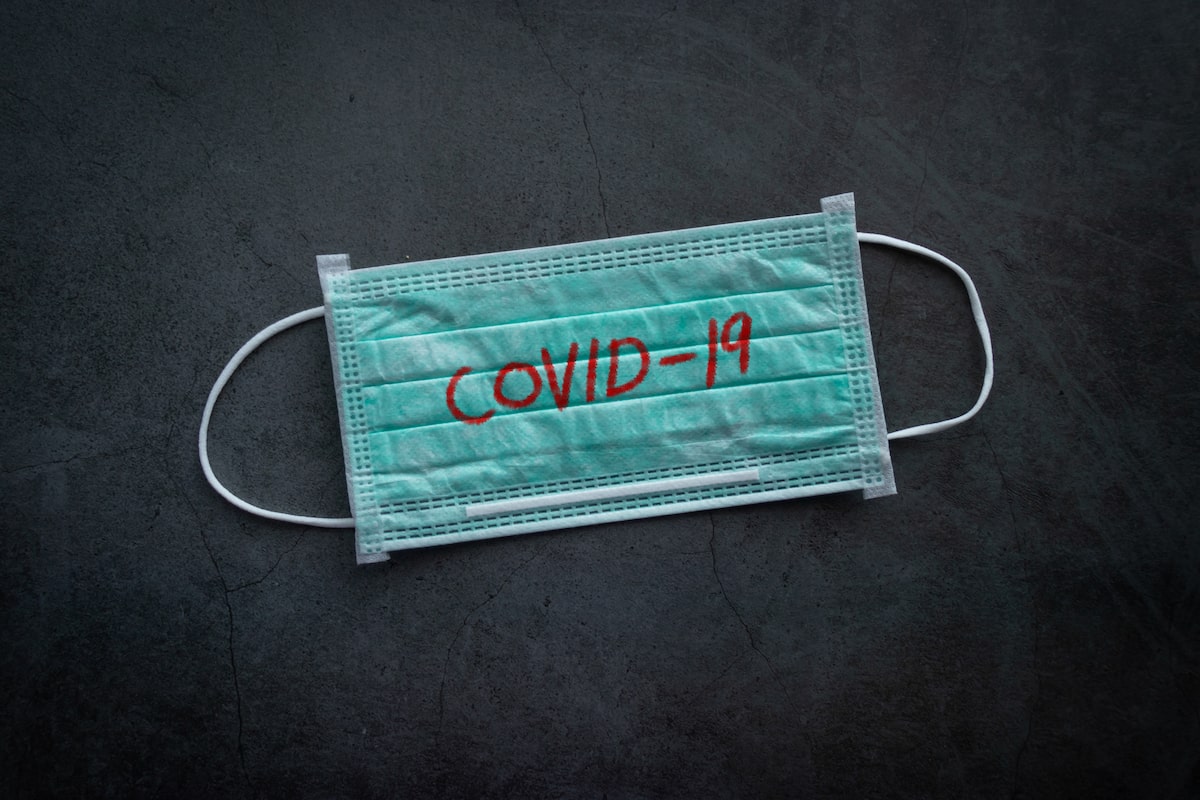<< Back
Experts Fear Second COVID Wave Will Hit State Hard, Yet Hospitals Better Prepared This Time

December 03, 2020
How has COVID-19 treatment changed for hospitalized patients? Will the second wave be worse that the first? When will the vaccine arrive in Hartford?
Jeffrey A. Flaks, Hartford HealthCare’s President and CEO, hosted a “Grit and Gratitude” conversation with medical and mental health experts Dec. 3. Here are some highlights:
COVID in Connecticut: The Numbers
Hartford HealthCare, using models created in collaboration with the Massachusetts Institute of Technology, expects an even greater surge of COVID-19 than earlier this year. Already, said Senior Director of Infection Prevention Keith Grant, Hartford HealthCare has 260 COVID-19 patients. At the first wave’s peak, the system had more than 400. (Hartford HealthCare has treated more than 3,000 COVID-19 patients at its hospitals since the pandemic began.) Based on the models, he expects more patients at the second wave’s peak.
“We have the same exact numbers now as we did a few months ago,” he said, “but we’ve been managing it completely differently. We’ve learned that we’re much more knowledgeable — and the community is more knowledgeable about this.”
Connecticut’s test positivity is at 7.1 percent, a dramatic increase from 0.5 percent in August. In the past two weeks, Hartford HealthCare’s tests have a 6.8 positivity rate, said Dr. James Cardon, Hartford HealthCare’s Chief Clinical Integration Officer.
“It does suggest there’s a broad-based elevation of transmission of this virus in our communities right now,” he said, “which is what is causing all the concern and why we think that the surge is going to be beyond what we saw in April.”
Testing
Flaks said Hartford HealthCare has conducted more than 550,000 tests during the pandemic.
“Last week alone,” he said, “we did more than 30,000.”
As part of the testing program, he said, Hartford HealthCare has dispatched its mobile testing vehicle to homeless shelters, churches, prisons and local health centers.
“We’re trying to make sure that those within our communities who are most vulnerable are being cared for,” he said, “and that we’re able to support and help contain this virus while people have been disproportionately impacted.”
COVID-19 tests are available in two forms, a diagnostic test known as PCR that detects genetic material specific to the virus and an antibody test that reveals antibodies created by your immune system to fight the virus.
The PCR test, said Dr. Cardon, is the gold standard.
“If it’s positive,” he said, “you have COVID.”
He cautioned, however, that anyone with symptoms who tests negative should not assume it’s a “complete negative,” isolate and, if symptoms persist, get another test. False negatives, he said, are much more common with antigen tests.
For information on drive-through testing, call 1.833.621.0600. If you have other questions about COVID-19, call Hartford HealthCare’s COVID Safety Support program at 1.888.860.COVID.
Treatment
When COVID-19 first appeared, doctors scrambled to find effective treatment for patients.
“In the beginning,” said Dr. Patrick Troy, a Hartford HealthCare pulmonologist, “there was a different sense of how we felt. There was fear, there was some some sense of despair and one of almost constant change. We didn’t know what would work. We didn’t even know where to look.”
Now patients come to the hospital sooner, treated by doctors with better therapies and better protocols. In the first wave, said Dr. Troy, doctors defaulted to a ventilator in more than 50 percent of cases. Now that amount has reduced by more than half.
“We have confidence we can treat these folks now,” he said. “The results show that. There’s been a dramatic reduction in mortality.”
A COVID-19 patient’s hospital stay has been reduced from maybe three weeks to less than two weeks.
Vaccine: On the Way to Hartford
Hartford HealthCare expects the first doses of Pfizer’s vaccine, awaiting the Food and Drug Administration’s emergency use authorization, in Hartford within two weeks. The Pfizer vaccine, and another from Moderna awaiting approval, use potentially revolutionary technology called messenger ribonucleic acid, or mRNA, that delivers genetic information that teaches our cells to make a protein that triggers an immune response. (Other vaccines use a weakened or inactivated virus.)
“It’s breathtaking,” said Dr. Troy. “”The most rapidly developed vaccine was for the mumps in the 1960s. It took four years to develop. The average vaccine takes more like 10 to 15 years. But here, 25 days later, Moderna was producing batches of the very vaccine that has now been approved. That is stunning.”
Once the vaccine arrives, Dr. Troy said he’d be first in line.
“It’s really going to change the trajectory of our lives,” said Dr. Faiqa Cheema, a Hartford HealthCare infectious disease specialist. “But it will depend a lot on our willingness to take the vaccine. What good is a vaccine if we don’t take it.”
The Psychology of COVD-19
Everyone, even those who don’t become ill, feels the effects of COVD-19. Parents work at home. Children have struggled to adapt to remote or hybrid learning.
“Isolation affects a critical aspect of well-being,” said Dr. Laura Saunders, a psychologist at the Institute of Living, part of the Hartford HealthCare Behavioral Health Network. “We are social creatures. When you have to go into semi-quarantine, it really takes a toll on us.”
Dr. Saunders, notably, appeared at the event virtually from home as her ill daughter awaited results from a COVID-19 test.
“”We as community members, and as family members, have had to be unbelievably flexible,” she said. “One year ago, did we even know schools as anything but in-person?”
Dr. Sanders urged anyone experiencing mental health issues during COVID-10 to seek expert help.
“It is life-changing,” she said.
The Community Care Center hotline (1.833.621.0600) can direct you to help for depression, anxiety, isolation, post-traumatic stress disorder, job loss and other issues during the pandemic.